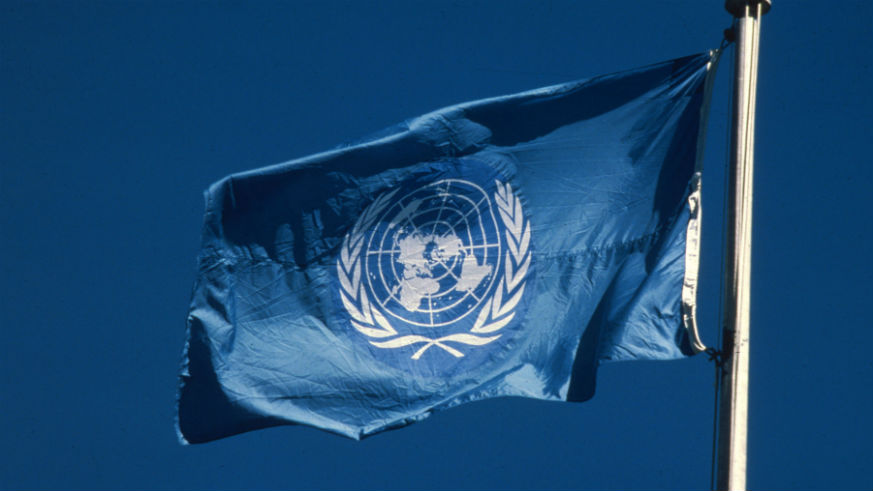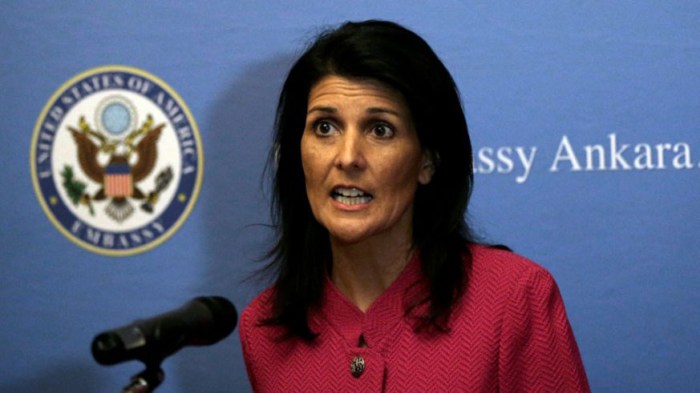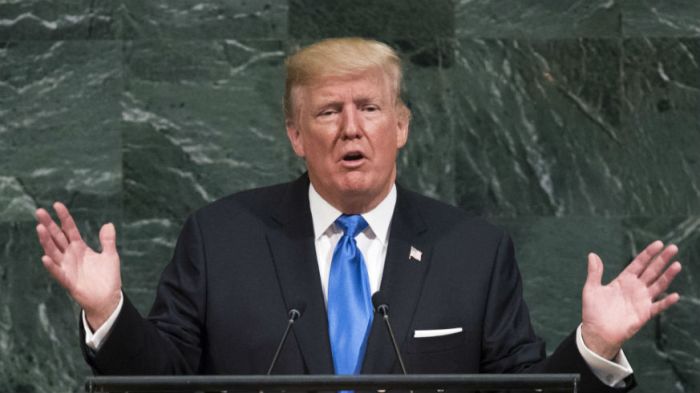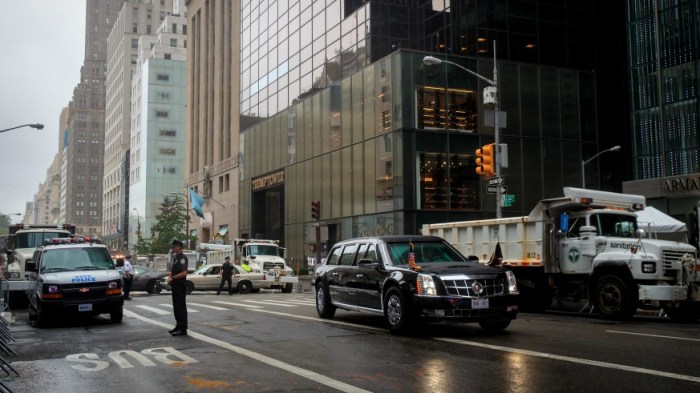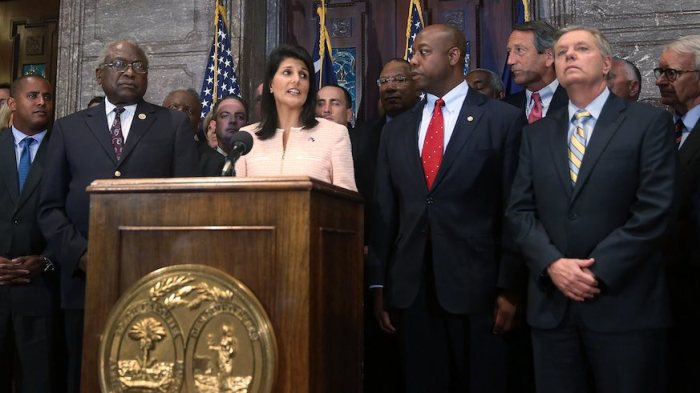Updated Jan. 26, 2018: A week after an exclusive from The Guardian revealed allegations of sexual harassment and assault inside the U.N., two senior organization officials are under investigation. These men are Mick Lorentzen, the World Food Programme’s Afghanistan director, and Luiz Loures, deputy executive director of programme at UNAIDS and assistant secretary-general of the U.N. The Guardian reported that Lorentzen has been suspended.
David Beasley, executive director of the World Food Programme, said in a letter to staff this week detailing changes to their Policy on Harassment, Sexual Harassment and Abuse of Authority, “We must and will find ways to make sure that people feel confident that they will be protected when they report misconduct.” You can view the letter about these changes in full here.
Original Story Jan. 18, 2018: In an exclusive report from The Guardian published Thursday, dozens of current and former U.N. employees alleged that the organization has allowed sexual harassment and assault to occur continuously in its offices.
They’re calling it a “culture of silence” in which the accusers are ignored and those accused are “free to act with impunity.”
These employees, working in over 10 countries across multiple U.N. agencies, all remained anonymous because U.N. governing staff prohibits public disclosure, but also “partly for fear of retaliation,” The Guardian stated.
Fifteen of those interviewed said they’d experienced or reported sexual harassment or assault — allegations of which ranged from verbal harassment to rape — within the past five years.
The Guardian’s exclusive report revealed that, in the past year, three women from different offices who reported sexual harassment or assault said they’d been “forced out” of their jobs or “threatened with the termination of their contract.”
One of these women claims she was raped by a more senior staff member. Many of these senior staff members have “diplomatic immunity,” meaning they “can avoid national courts,” stated The Guardian.
“If you report it, your career is pretty much over, especially if you’re a consultant,” a former consultant at the World Food Programme, a branch of the U.N, who alleged that she was harassed by her supervisor explained. “It’s like an unsaid thing.”
You can read the full exclusive here.
Internal problems and under-reporting
In some of the cases detailed to The Guardian, women voiced concerns about the way the Office of Internal Oversight Services (OIOS), the U.N.’s “internal oversight body” established in 1994, handled the investigations, claiming that they “failed to interview key witnesses.”
A former OIOS investigator, Peter Gallo, told the publication that he witnessed “evidence being routinely ignored and facts skewed.”
Stephane Dujarric, spokesperson for U.N. Secretary-General, António Guterres, told Metro that the OIOS is the main office these investigations go through, but there are other avenues employees can take — internal agencies such as the United Nations Ombudsman and Mediation Service, the Ethics Office and department heads, for example.
The Guardian stated that the U.N. has “long been criticised over its failure to properly investigate reports of sexual abuse and exploitation” of locals by personnel and civilian staff in its peacekeeping operations.
According to a report released in February 2017 by the Secretary-General’s office, the U.N. documented 145 allegations of sexual exploitation and abuse in 2016, a majority of which were against peacekeeping uniformed personnel. Nearly all of these victims (311 in total) were women and girls, and a large proportion of these remain “in progress.”
“Allegations may be found to be unsubstantiated [read: unsupported or unproven] for a variety of reasons, including insufficiency of evidence and unavailability of witnesses, and not because allegations were falsely made,” the report reads. It also adds, “We feel certain that not all cases are reported.”
According to The Guardian, a problem of under-reporting exists internally as well. A survey found that of the 427 employees who responded, 10 percent experienced sexual harassment and only two had reported it.
The OIOS keeps a table of reported offenses on its website.
The U.N. responds
According to The Guardian, the U.N. said that Secretary-General António Guterres, has “prioritized addressing sexual harassment and upholding the zero tolerance policy.”
Dujarric (Guterres’ spokesperson) told Metro that the accounts were addressed in a briefing Thursday afternoon, and a transcript of that briefing was sent to Metro.
The specific cases could not be addressed due to their anonymity and lack of detail, but Dujarric laid out actions that the Secretary-General has taken like the implementation of a taskforce chaired by the head of the Department of Management, Jan Beagle, to “examine and strengthen existing measures.”
Other measures taken will involve a staff survey to “get a better sense of the issue within the U.N.” as well as a helpline.
Last fall, Guterres sent out a letter clarifying the “different routes to lodge complaints and a reminder of the zero-tolerance policy.” Part of it stresses that staff must understand “that harassment covers a wide range of actions; that this includes unpleasant and inappropriate comments or suggestive remarks; and that colleagues who receive such remarks may be offended, humiliated or discouraged, even if they don’t say so.”
According to Dujarric, a bulletin was issued to staff as far back as 2008 that “clearly outlined what was harassment and how to deal with it.”
“But,” Dujarric added, “these processes can always be strengthened and always need to be strengthened.”

